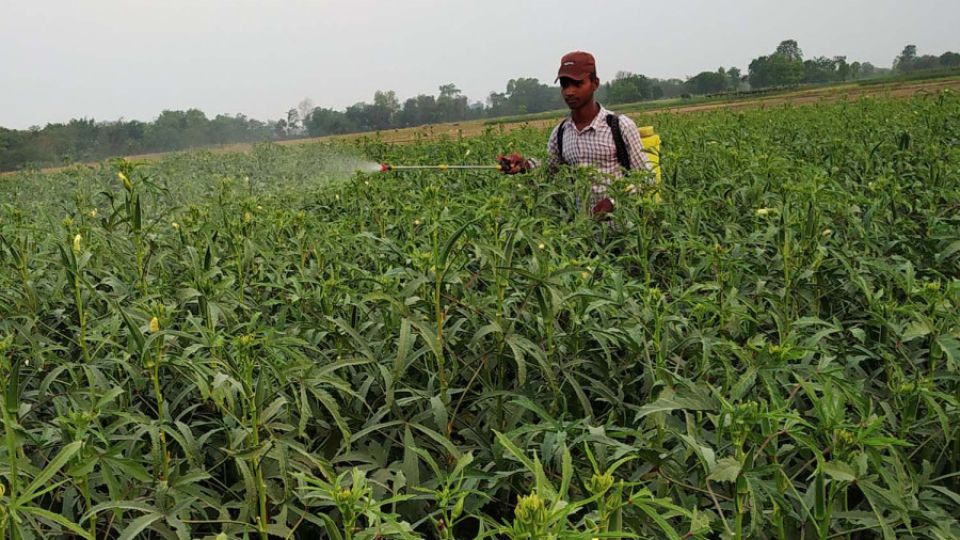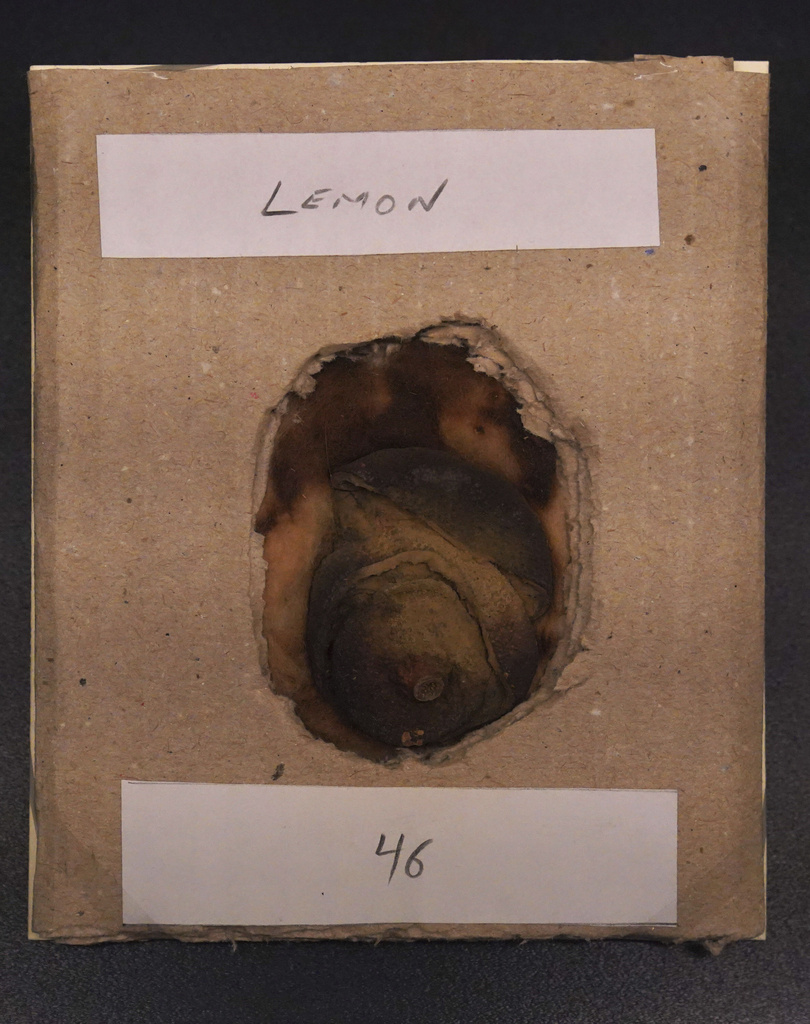KATHMANDU (ANN/THE KATHMANDU POST) – High pesticide residues have been found in major vegetables sold in the Kathmandu Valley—and government lab tests confirm they are serious health risks.
On Tuesday, tests conducted on yardlong beans revealed dangerously high levels of harmful chemicals. Over 32 kg of the beans were disposed of after being deemed unfit for consumption.
The Rapid Bioassay of Pesticide Residue (RBPR) Analysis Unit tested samples of long beans from Chitwan and found them to contain organophosphate pesticide at a concentration of 92.45 per cent, making them unsafe for consumption.
Officials noted that vegetable growers have used toxic chemicals to accelerate growth and ward off pests, potentially leading to serious health issues for consumers.
The emergence of new insects caused by climate change has prompted farmers to use pesticides more extensively, contributing to an alarming rise in pesticide imports.
Carbamate and organophosphate pesticides are highly damaging to human health and the environment, as they are neurotoxic, which means they harm the nervous system.
The lab report indicates that most vegetables sold at the Kalimati Fruits and Vegetable Market, the country’s largest vegetable wholesale market which caters to the demand in Kathmandu Valley, are grown using organophosphate pesticides rather than carbamate.
The Central Agriculture Lab has banned 50-60 per cent of pesticides under the organophosphate group in Nepal.
However, due to the easy availability of these pesticides at agro-vet stores across the country, most farmers continue to use them, leading to their presence in vegetables. Most vegetables sold in Kalimati come from Kavrepalanchok, Sarlahi, Bara, Chitwan, and Dhading districts.
Farmers use pesticides to protect crops from insects, weeds, fungi, and other pests. Recent lab tests have detected high pesticide use in seasonal vegetables such as green leafy, broccoli, tomatoes, and cauliflower.
In January, 600 kg of leafy greens were disposed of at Kalimati after lab tests revealed excessive pesticide levels, making them unsafe for consumption.

According to the World Health Organisation, pesticides can be potentially toxic to humans, causing both acute and chronic health effects, depending on the level of exposure.
Officials have noted a rise in the use of hazardous pesticides, herbicides, and fertilisers in Nepal in recent years.
Manjushree Aryal Bhattarai, information officer and senior crop development chief at the Central Agriculture Lab, stated that farmers often bring vegetables to the market without observing the required waiting period after pesticide application.
She also observed that farmers have been raising pesticide dosages above the suggested levels to control pest impact. She emphasised the importance of educating farmers on the safe use of pesticides.
Officials indicated that climate change greatly impacts agriculture, with severe weather conditions like heavy rainfall and prolonged drought contributing to the rise of new pests and diseases affecting crops and vegetables. Consequently, farmers have been using more pesticides.
The expansion of commercial vegetable farming has also contributed to high pesticide levels in seasonal vegetables such as green leafy vegetables, broccoli, and beans.
Mahesh Timilsina, information officer at the lab, reported an increase in pesticide imports in recent years, indicating rising pesticide use.
The Central Agriculture Lab plans to begin testing two additional pesticide groups—synthetic pyrethroids and dichloro-diphenyl-trichloroethane (DDT)—across all RBPR labs nationwide this fiscal year.
Officials have advised consumers to soak vegetables in salt or vinegar for approximately half-an-hour before cooking to minimise pesticide residues.
Refrigerating vegetables 12-14 hours before consumption might also reduce insecticide presence.
Doctors caution that prolonged intake of vegetables and fruits with high pesticide levels may result in kidney failure, heart and lung diseases, mental health issues, and cancer. Additionally, consuming such contaminated produce could negatively impact pregnant women and harm fetuses.

















